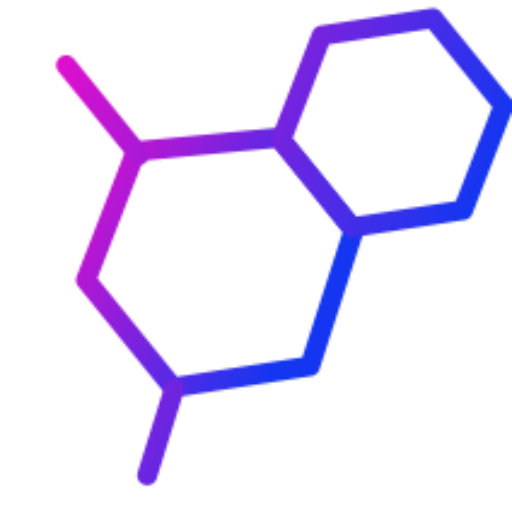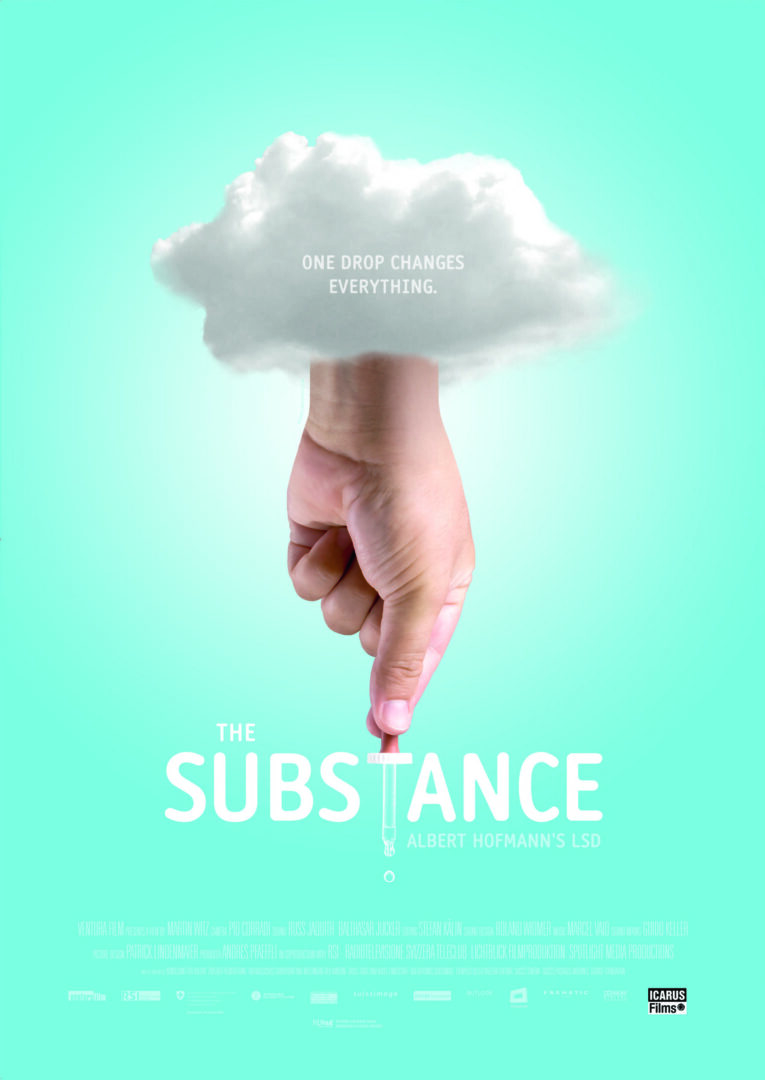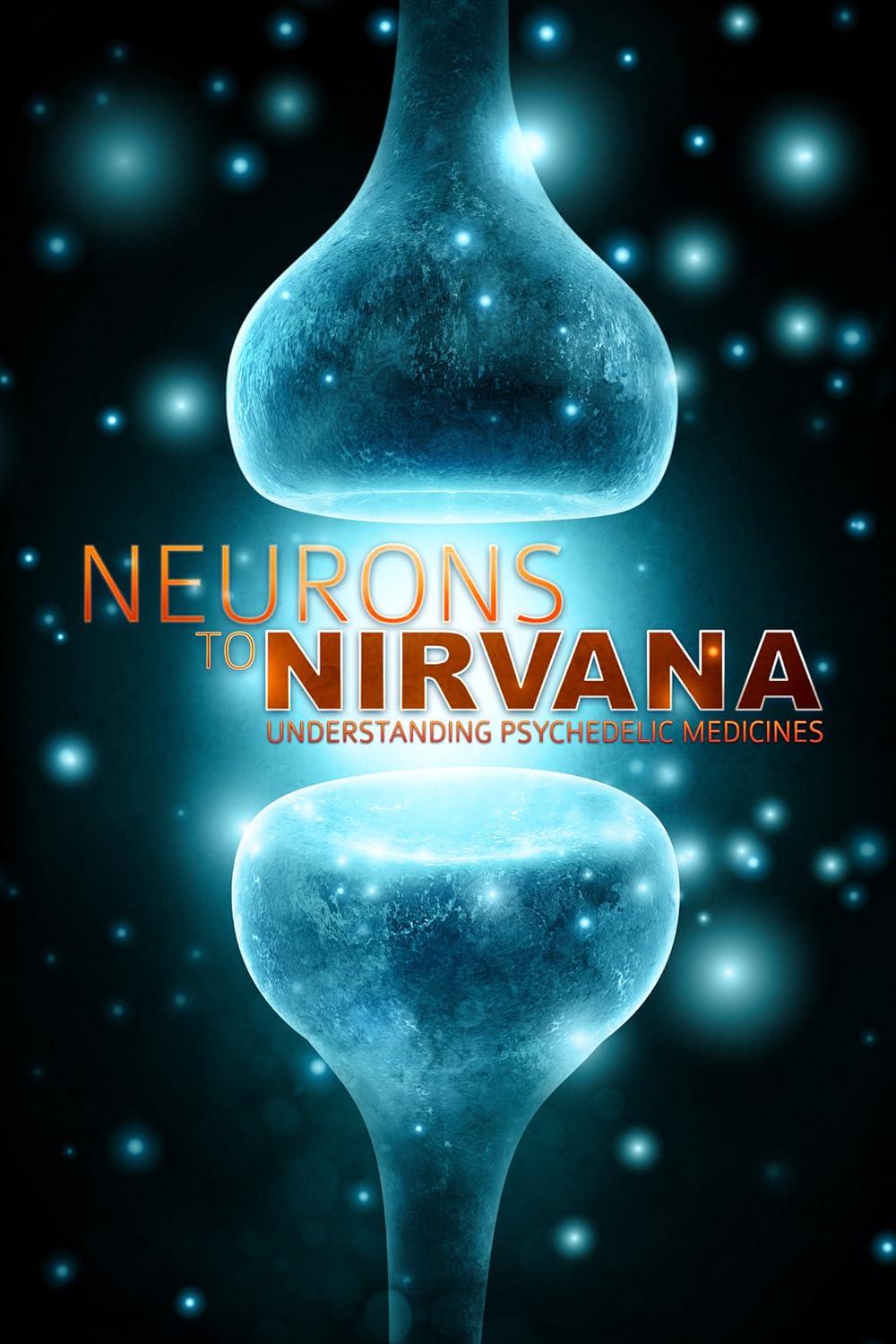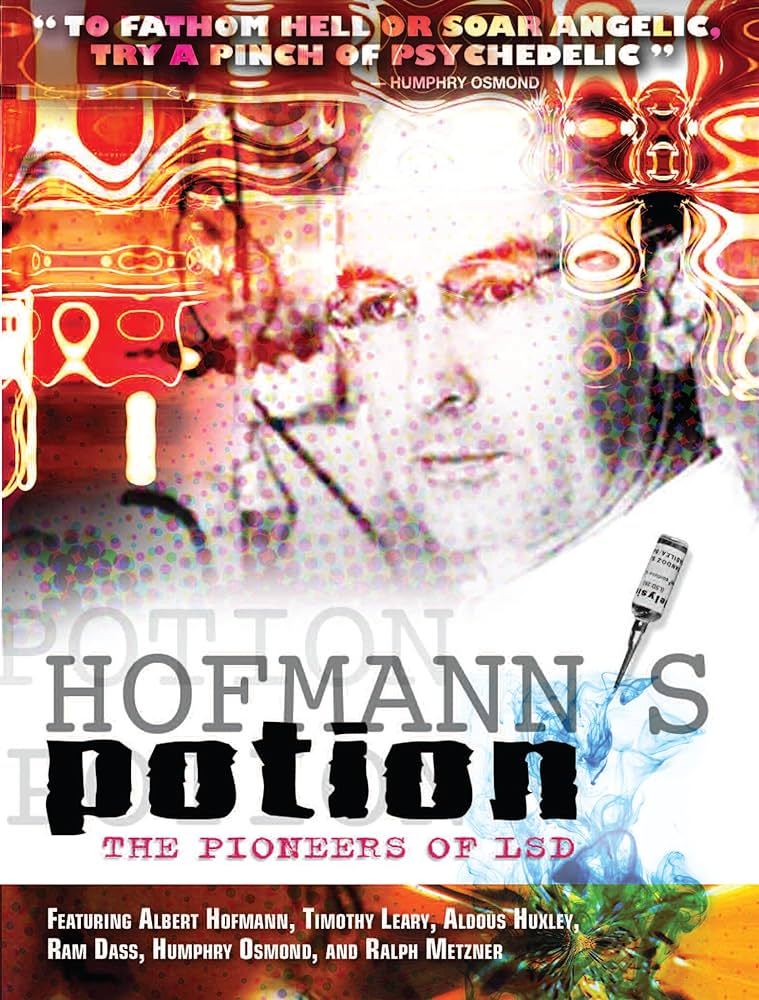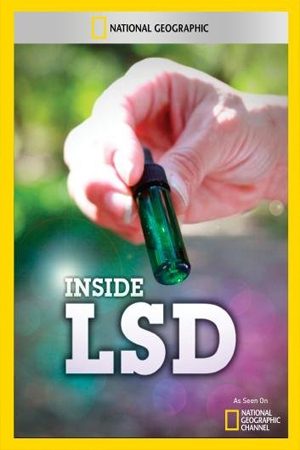
Microdosing, a practice involving small doses of psychedelics like LSD or psilocybin, has recently gained popularity—people micro-dose to enhance focus, creativity, and emotional well-being.
According to James Fadiman, Ph.D., a psychologist who studies microdosing, people have reported various benefits. Improved mood tops their list, but they also report an ability to be more productive and focused.
Psychedelics are a gateway drug
Microdosing is taking psychedelics in small amounts over some time, typically one day on and then two days off. Proponents claim the practice has a wide range of benefits, including relief from anxiety and depression and increased perception and creativity levels.
More people are turning to psychedelics for therapeutic reasons. These include people with depression, bipolar disorder, and schizophrenia. In some cases, they can even help reduce symptoms of specific conditions like PTSD and cluster headaches.
Researchers are now looking at how psychedelics can support cognitive change, known as neuroplasticity. This means psychedelics can rewire brain cells and pathways to improve mental health.
This process is a natural response to the body’s environment and can be a powerful tool for healing and well-being. It could also provide an alternative to medications for those who are resistant to traditional treatments.
According to researchers, this is especially true for people who are experiencing a high level of stress or trauma. This could allow them to process their past and work through emotions without using antidepressants or other pharmaceutical interventions.
The research shows that microdosing can improve mental health and decrease negative emotions. Moreover, it can increase wisdom and open-mindedness and promote creativity.
However, there are still a lot of questions about microdosing. For example, it is unclear how the effects of microdosing will last and if they can be used for therapeutic purposes. In addition, it is essential to note that psychedelics should be used cautiously in patients already suffering from a psychiatric illness or disorder.
Psychedelics such as LSD, psilocybin, and mescaline can activate the same serotonin receptors in the brain associated with happiness and optimism. These receptors, in turn, help control various body functions and psychological states.
But psychedelics have several dangerous side effects, including drowsiness, vomiting, headache, irritability, and high blood pressure. That’s why clinical trials of these drugs are often conducted in a controlled setting, and patients must follow rigid protocols before being allowed to try them.
They’re a coping mechanism
In recent years, microdosing has become more widespread—people who microdose take a small number of psychedelic drugs, such as LSD or psilocybin mushrooms.
Unlike full-dose psychedelic use, microdosing does not induce changes in consciousness or sensations. It usually involves taking a shallow drug dose and a two-day break between doses.
Some people use psychedelics to help them cope with issues that they have been struggling with. In particular, it is often used to cope with post-traumatic stress disorder.
In addition, it can be used to help treat anxiety and depression. Researchers are exploring the effects of psychedelics on patients with these disorders.
The first step in trying psychedelics for treatment is an assessment phase, in which a mental health professional evaluates the patient and sets goals for therapy. After this, the patient may undergo treatments with a mental health professional to help them achieve their goals.
Research has shown that people who use psychedelics for mental health tend to report positive outcomes. They experience a sense of well-being, improved mood, and increased self-efficacy, which can help them cope with difficult situations.
However, these benefits can be accompanied by challenges. Some people experience side effects like memory loss, confusion, heightened excitement, or decreased sense of control. These can be uncomfortable or even dangerous.
In the current study, we sought to explore these challenges through an open-ended survey of participants with microdoses. The goal was to collect data on possible negative and positive experiences and describe them in a taxonomy of potential avenues for future microdosing research.
Results showed that respondents were more likely to report positive benefits than opposing challenges. The majority of people reported that their mood improved and their self-efficacy increased. Other benefits included feelings of euphoria, a sense of belonging, and a heightened ability to think clearly.
Some respondents also reported that they experienced less anxiety and better sleep after microdosing. These encouraging reports suggest that microdosing could be a beneficial therapeutic tool. These findings should be further tested through randomized controlled trials.
They’re a form of meditation
Regarding psychedelics, meditation is often a part of the experience. It can help you relax and focus and may even have long-term benefits.
Meditative practices are an excellent way to prepare for and get the most out of your journey, whether you’re a newcomer to psychedelics or a veteran. In addition to helping you surrender to the effects of a drug, meditation can also provide support during a challenging experience.
There are many different forms of meditation, from yoga to Zen, but they all share the same goal: to quiet your mind and focus on a single thought. This practice can be a powerful tool for overcoming stress and anxiety and creating more balance in your life.
Some people find that psychedelics can be helpful in expanding their horizons and opening their minds to new perspectives. This can be particularly helpful for mental health disorders such as depression and anxiety.
Another common benefit reported by microdoses is increased creativity, although this may be anecdotal and difficult to quantify. Microdosing can also help you overcome mental blocks and distractions that might prevent you from completing tasks or projects.
The most popular psychedelics used for microdosing are LSD and psilocybin, the active ingredient in magic mushrooms. These substances can rewire the brain’s neural networks in ways linked to therapeutic benefits, according to research from UCSF psychiatrist Andrew Woolley.
Other researchers have discovered that psychedelics can help rebuild the neural connections lost due to mental illness. This process is called synaptogenesis, and it’s thought to be a critical factor in the therapeutic effects of psychedelics.
Despite this, there are still plenty of questions about the efficacy of psychedelics as a treatment. One significant disagreement revolves around whether or not experiencing the hallucinogenic effects of psychedelics is necessary for therapeutic benefits to occur.
For now, microdosing is a social trend with little research backing and is primarily based on anecdotal evidence. However, more randomized controlled trials are needed to understand this practice’s effects and potential benefits fully.
They’re a form of self-expression
Psychedelics like LSD and psilocybin mushrooms have long been used by people who want to feel more creative, focus more on their work, or feel more connected to the world. This year, however, has seen a surge in interest in using smaller doses of these drugs, known as microdosing.
Those taking small doses of psychedelics often claim they’ve felt more focused, productive, and creative than ever before. This is even though microdosing is illegal and has potential adverse health consequences.
This year, scientists have been examining the effects of psychedelics and how they can help patients cope with various mental illnesses, including anxiety, depression, and PTSD. It’s important to note that psychedelics are illegal in most countries and incredibly dangerous if taken without proper safety precautions.
The most common psychedelics are LSD and psilocybin, the active compound of certain mushrooms in the Psilocybe genus. Several studies have shown that psychedelics can enhance creativity, promote physical energy, increase concentration, and improve mood.
Researchers have also found that the effects of psychedelics can affect the brain in ways that change how you think about things. This can lead to a shift in your perspective on the world and how you see yourself.
This month, a study published in the Journal of Personality and Social Psychology reveals that psilocybin can help you become more open-minded. The study explains that this trait is associated with imagination, aesthetic appreciation, non-conformity, and creativity.
It’s also thought that psychedelics can help you overcome ego-dissolution, a condition many people experience when taking these drugs. Ego-dissolution is a feeling that your sense of self is being compromised, so you’re no longer entirely in control of your thoughts or actions.
Talk to your doctor if you have questions about whether psychedelics are proper for you. There are many other options out there that can help you to feel more positive about yourself and the world around you.
